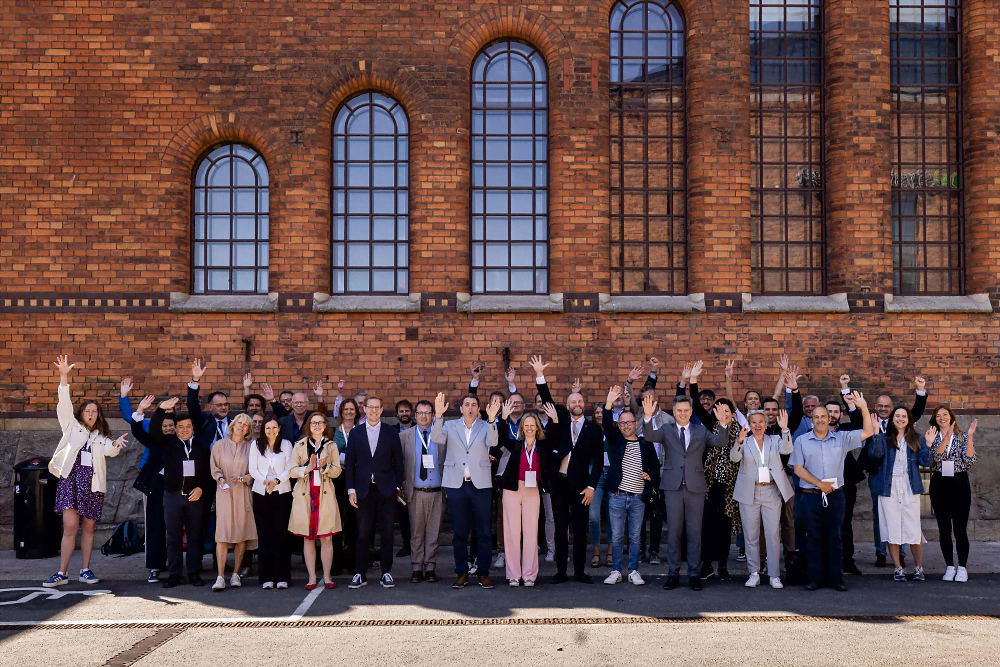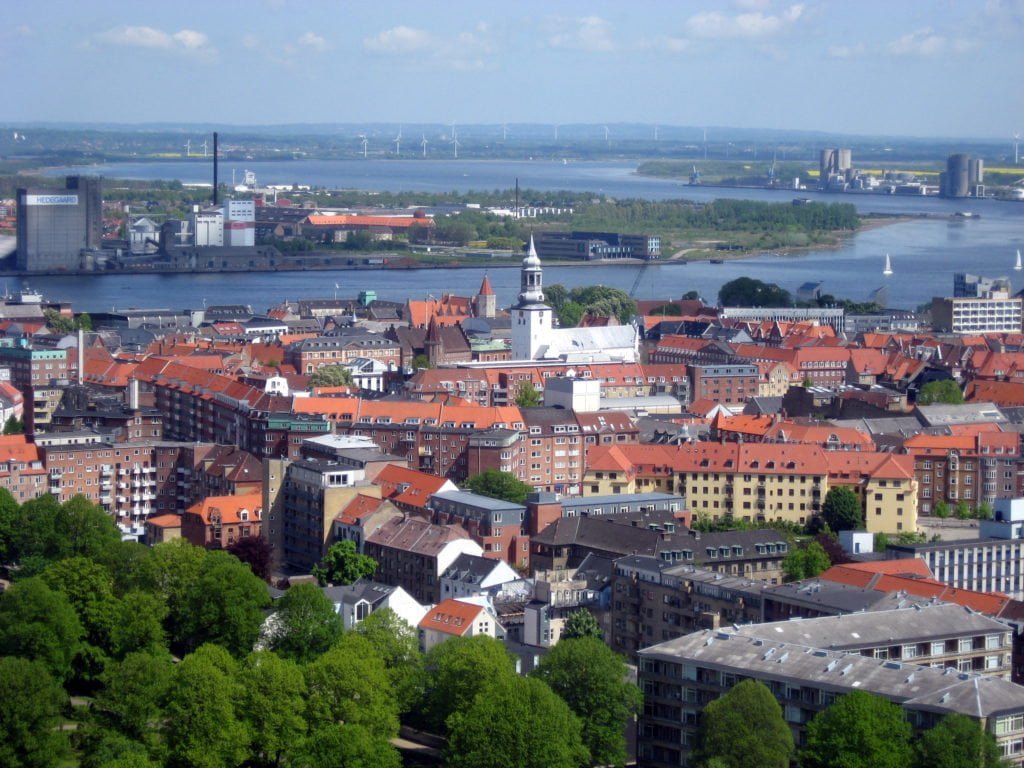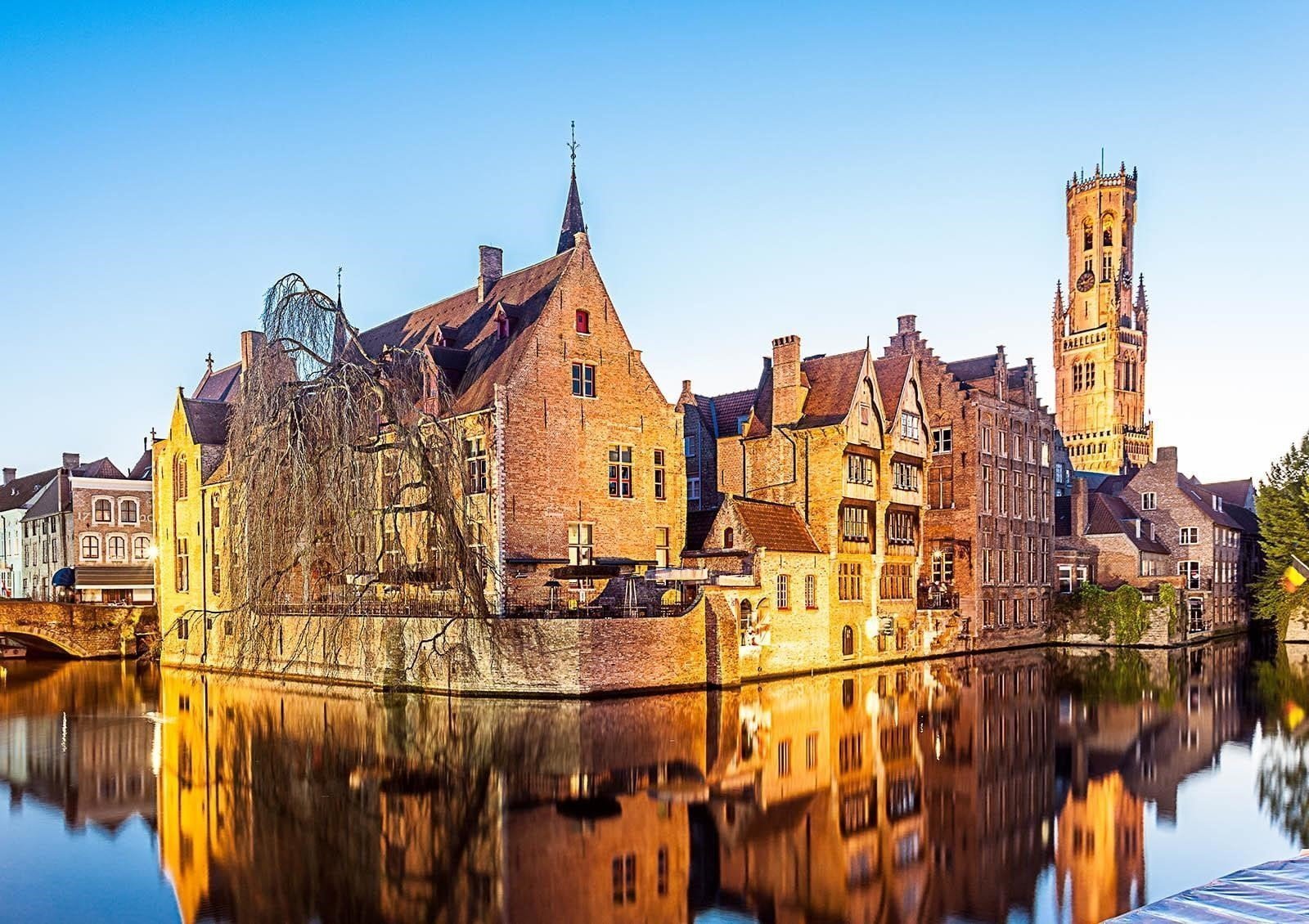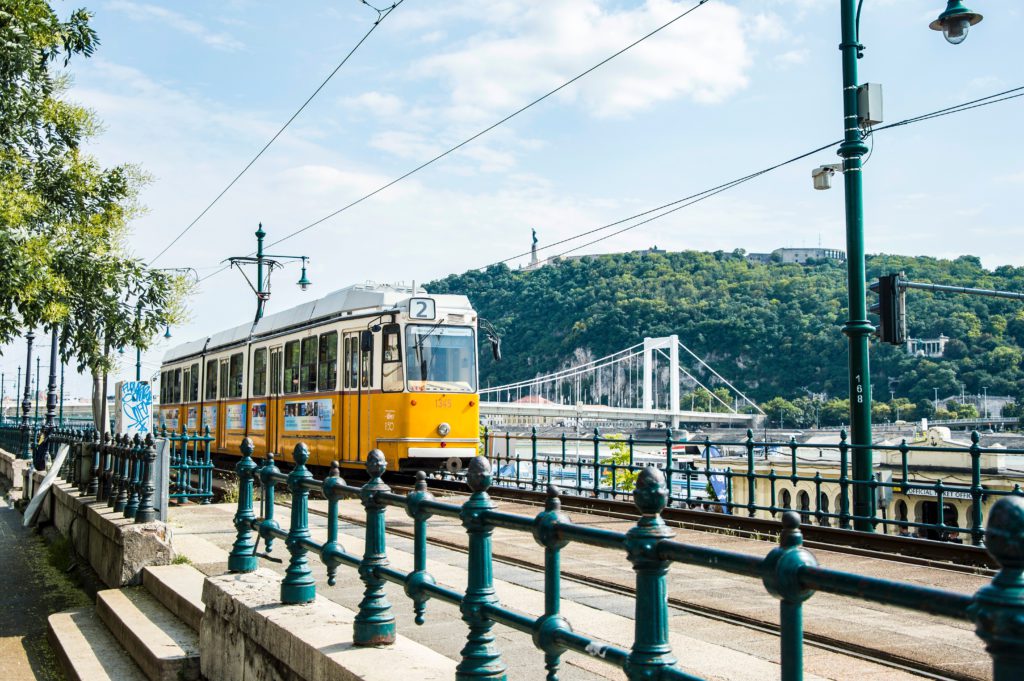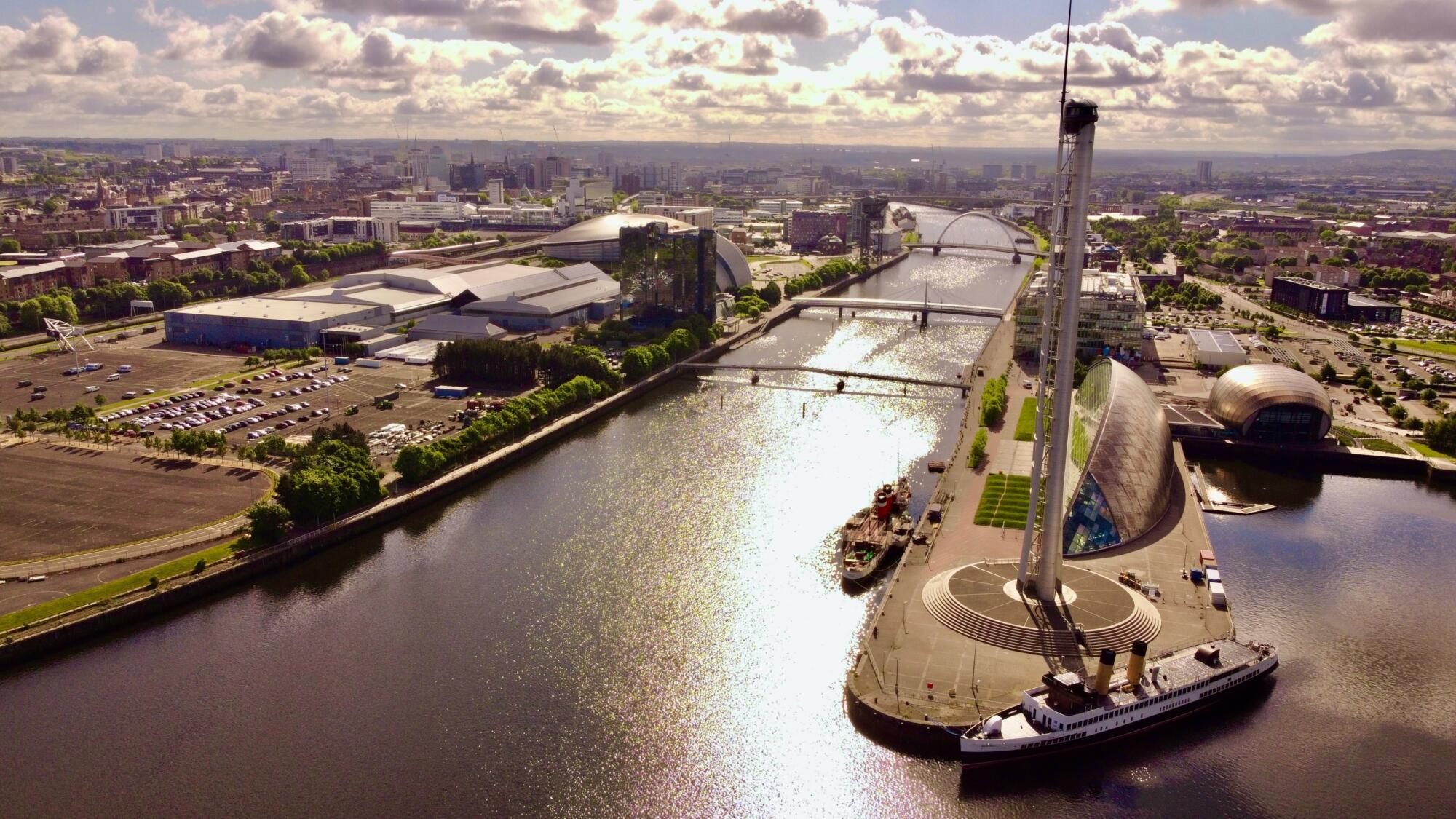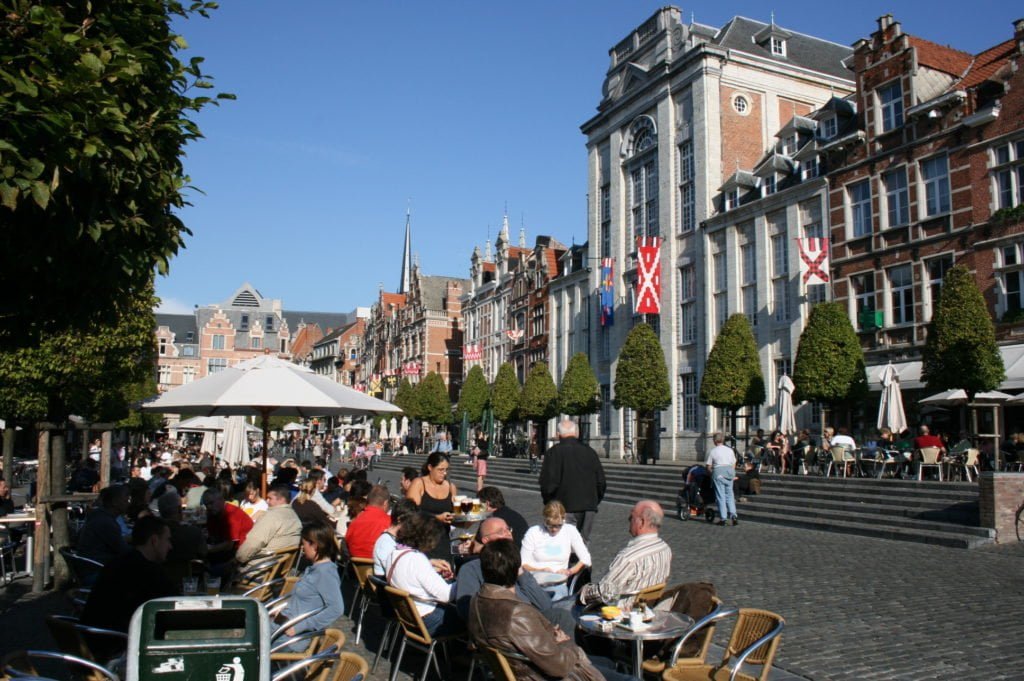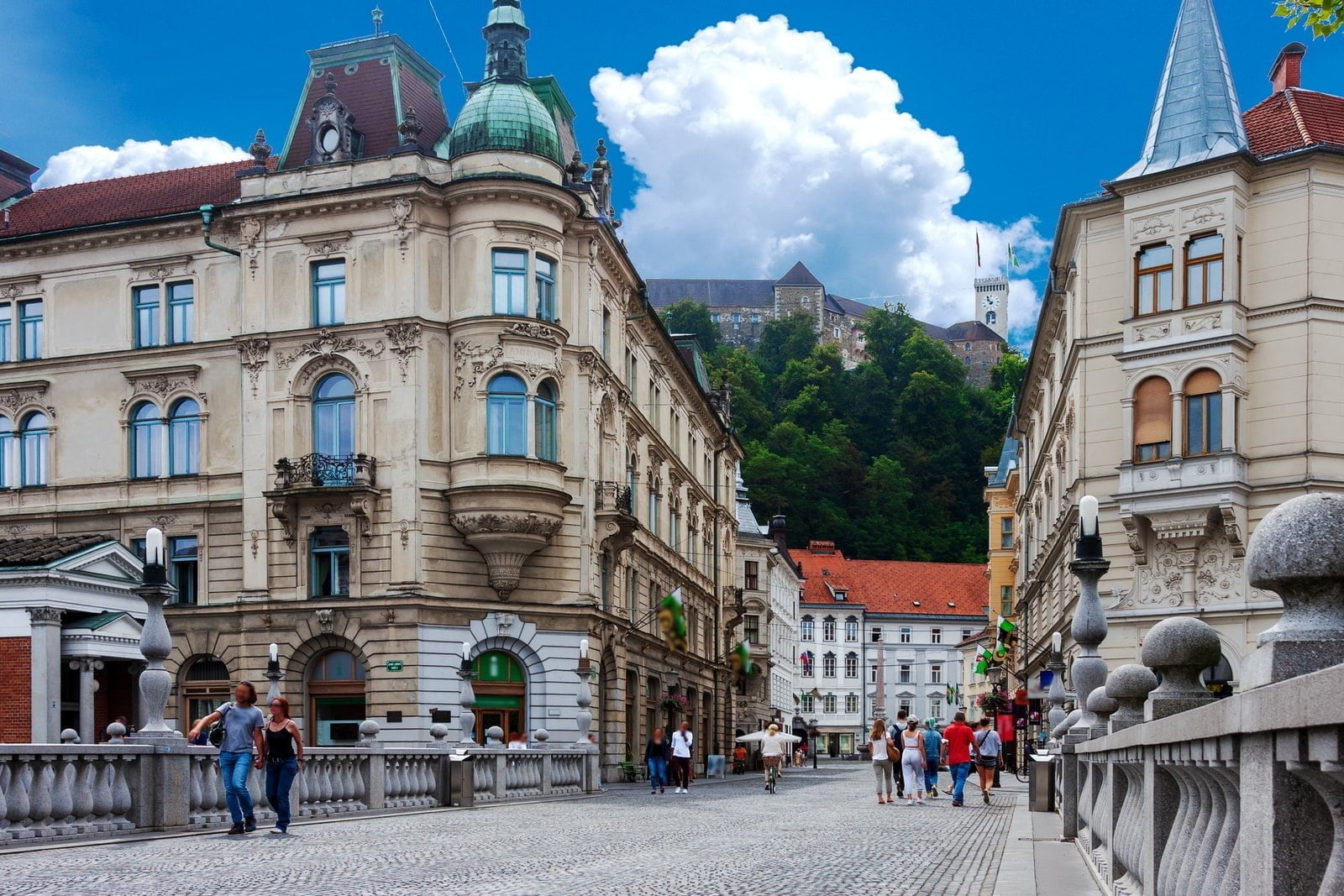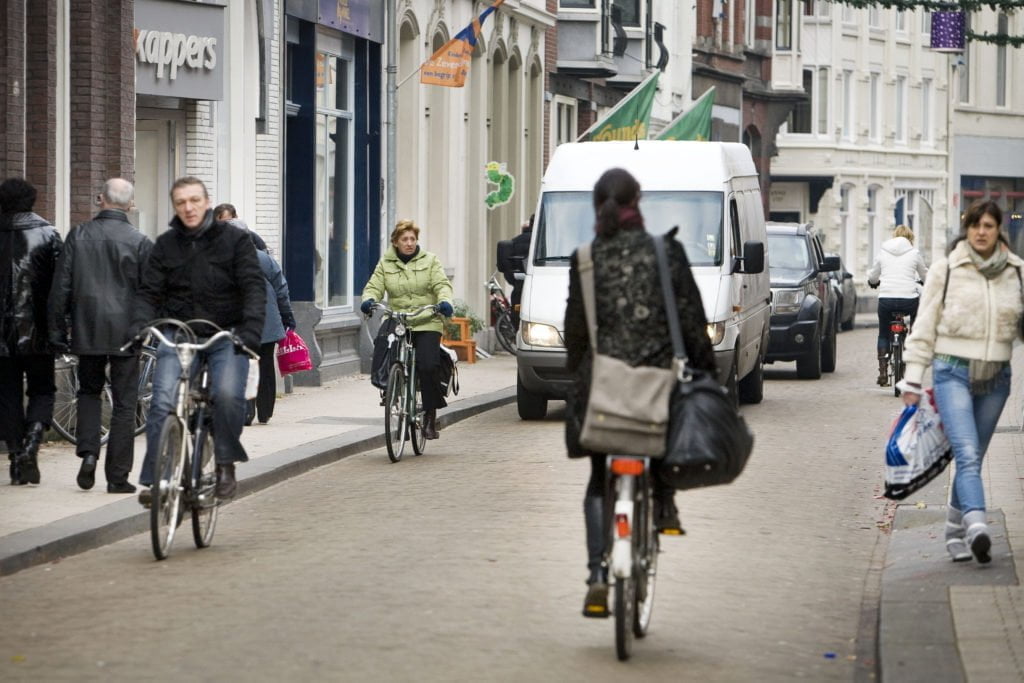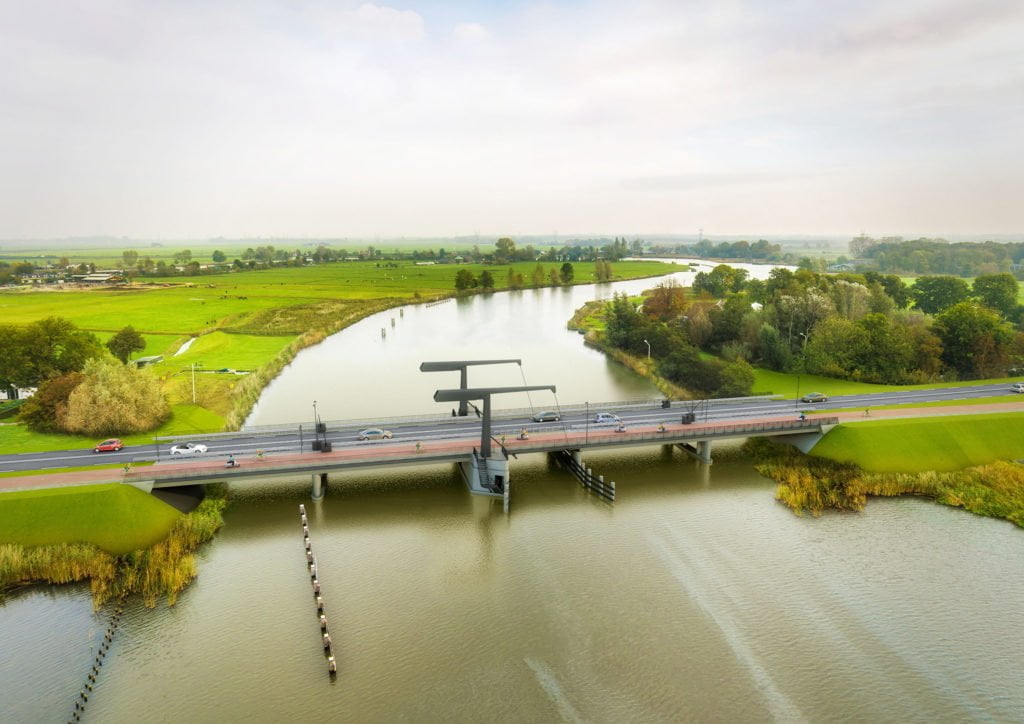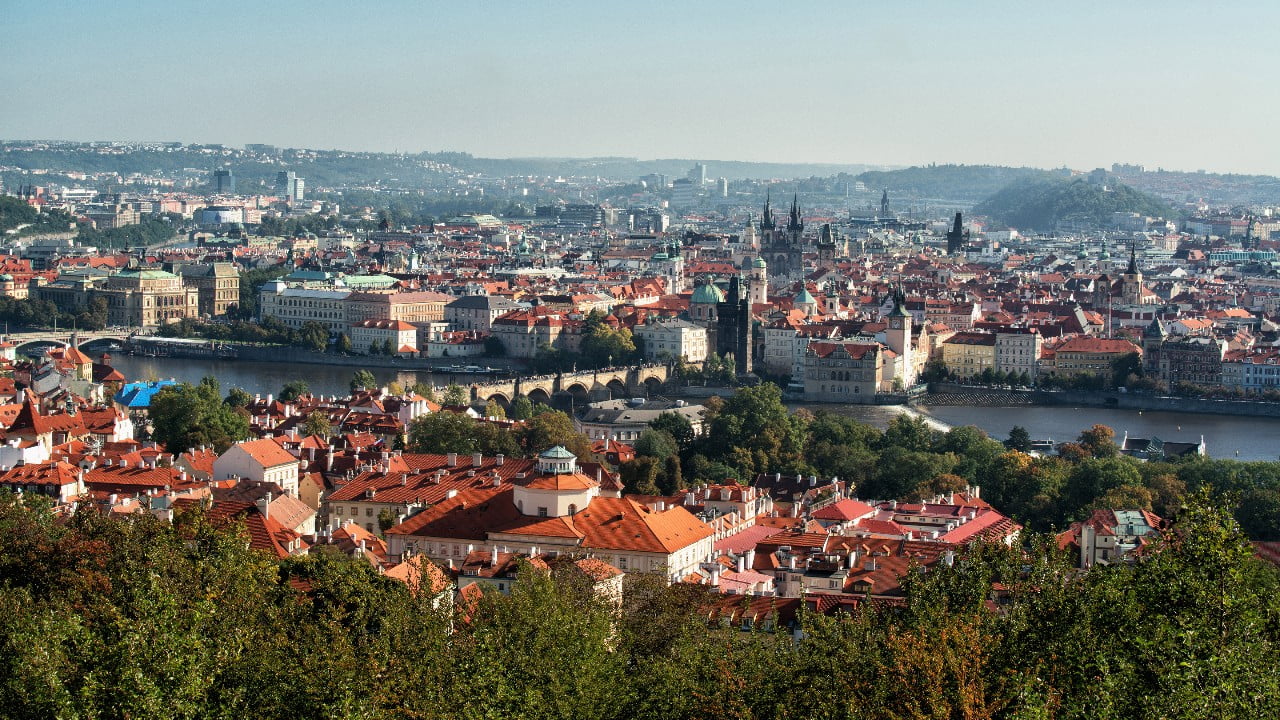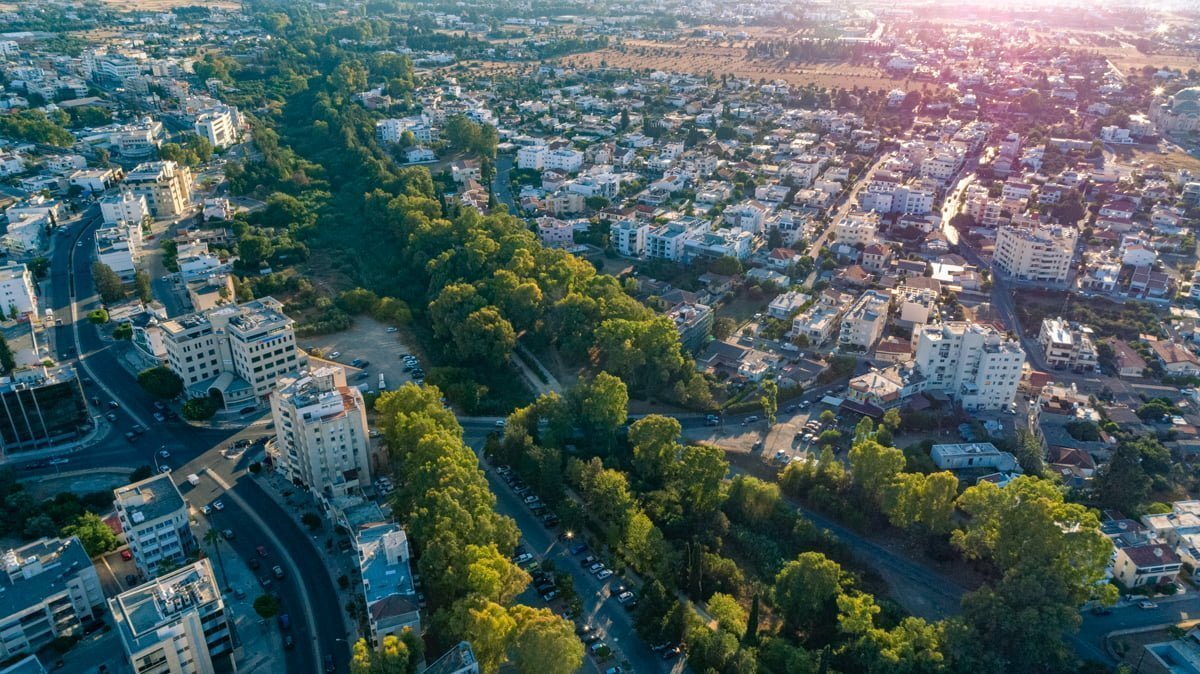Policymakers lead the way at POLIS’ Political Group meeting
The future of sustainable urban mobility hinges on our ability to deliver bold policies which work for everyone. Can we do it? POLIS’ Political Group convened in Stockholm and proved policymakers have the confidence, capacity and tenacity to do so.
Local mobility leaders across POLIS’ membership are adopting some of the most pioneering approaches to sustainable and inclusive transport across Europe. Over the last year alone, Madrid has become the first major European capital to have a 100% clean bus fleet, Leuven’s urban redesigns and cycling innovations won the city international accolade and Glasgow released their plans for a citywide 20mph speed limit and Low Emission Zone (LEZ).
Their work is critical for the future of urban life. Current, car-centric, transport systems are hindering decarbonisation goals, grid-locking streets and marginalising many communities. As neutrality deadlines loom and fresh warnings about the cost of cars on health and the environment arrive, we cannot afford to take our eyes off the ball and our feet off the accelerator.
However, no city is an island, and climate change does not respect municipal boundaries. Combatting the environmental crisis - and the many challenges this brings for urban mobility - is a battle which will be won (or lost) together.
To do just this, POLIS’ Political Group met in Stockholm, examining the leading challenges for urban policymakers, and avenues for peer-to-peer cooperation.
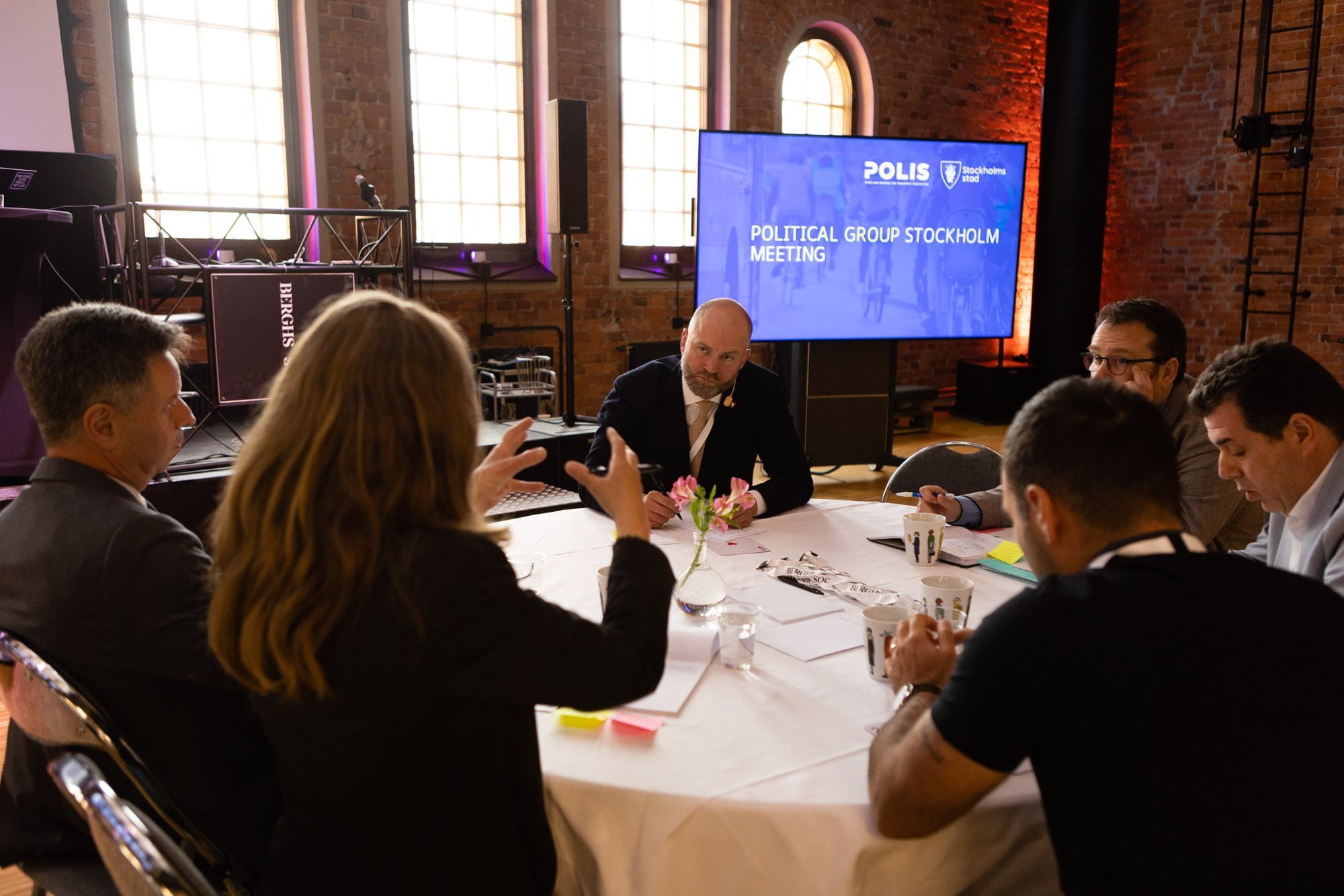
Mayors and deputy mayors for mobility join to discuss - Credit: Angelica Zander
Never has a strong, unified approach been so critical. With new cycling infrastructure, the development of school streets, the 15-minute city, expanded more innovative public transport, and (electrified) shared mobility services; our cities and regions are progressively becoming what they were intended to be, spaces for people.
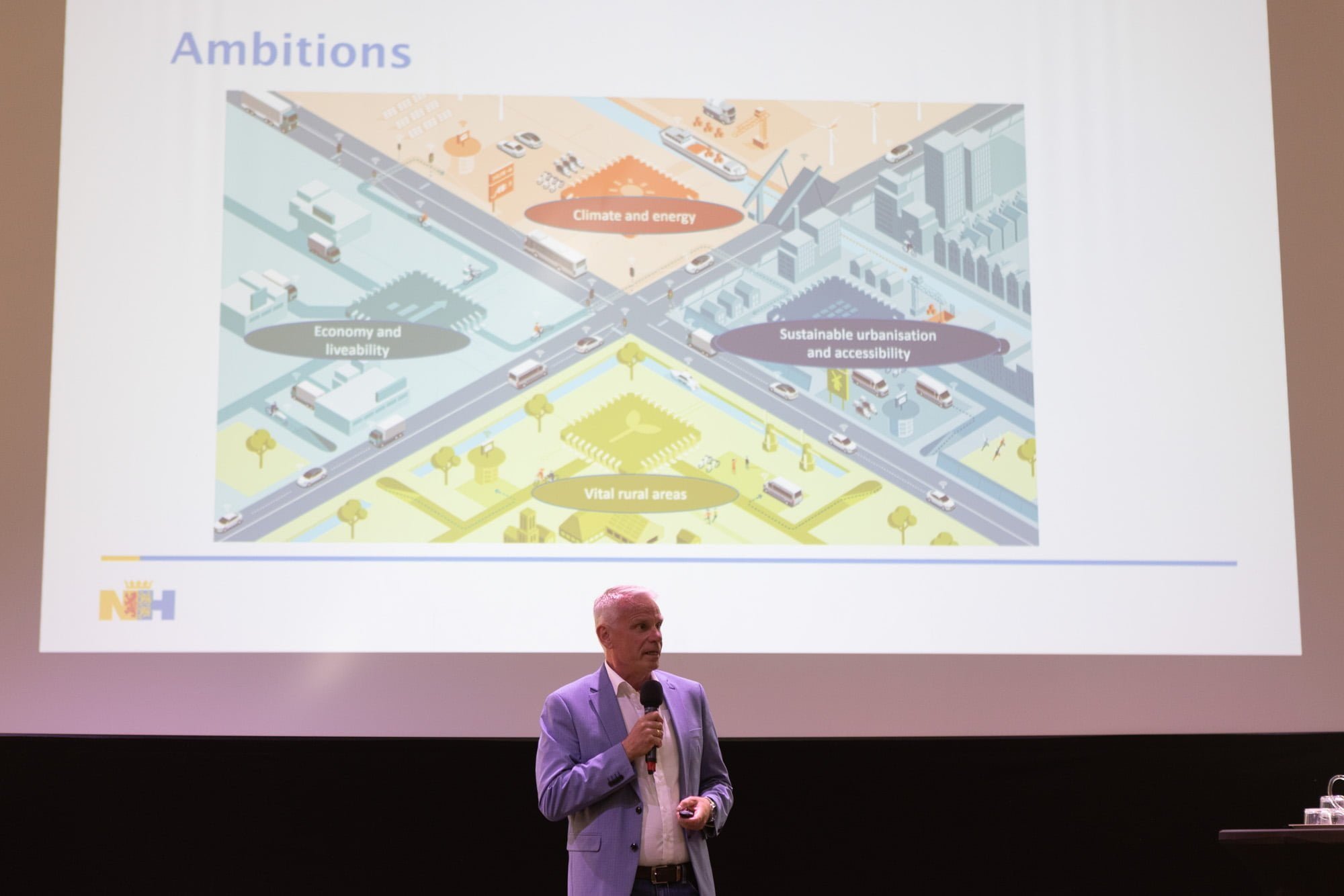
Moving from Ambition to Action! - Credit: Angelica Zander
Yet, at the same time, street space reallocation and combatting car dependency are proving politically complex issues. We know we are moving in the right direction, but renewed confidence and building durable coalitions with citizens needs policymakers to work together.
“Our cities and regions may have different shapes and sizes, but all face common challenges, which in fact, often have shared solutions,” said POLIS Secretary General, Karen Vancluysen.
“There is much to be gained by listening to one another, asking- often difficult- questions, and emboldening our confidence to make the right policy decisions.”
In Stockholm, large capitals, smaller municipalities, and regions, from across Europe, Ljubljana to Glasgow, Czestochowa to Lisbon, Rome and Madrid convened to share, learn, and prepare for the road ahead.
“As climate change has forced a reassessment of priorities, so has the demand for a more sustainable Stockholm. The debate about green mobility has increasingly raised the question of what kind of urban life we should strive for,” said Lars Strömgren, Vice Mayor of Transport and Urban Environment, City of Stockholm, welcoming his peers to the meeting.
“When cities in Sweden have common challenges, we try to share insights. Stockholm, however, being the largest city by a good margin, means we also need to look beyond our borders!”
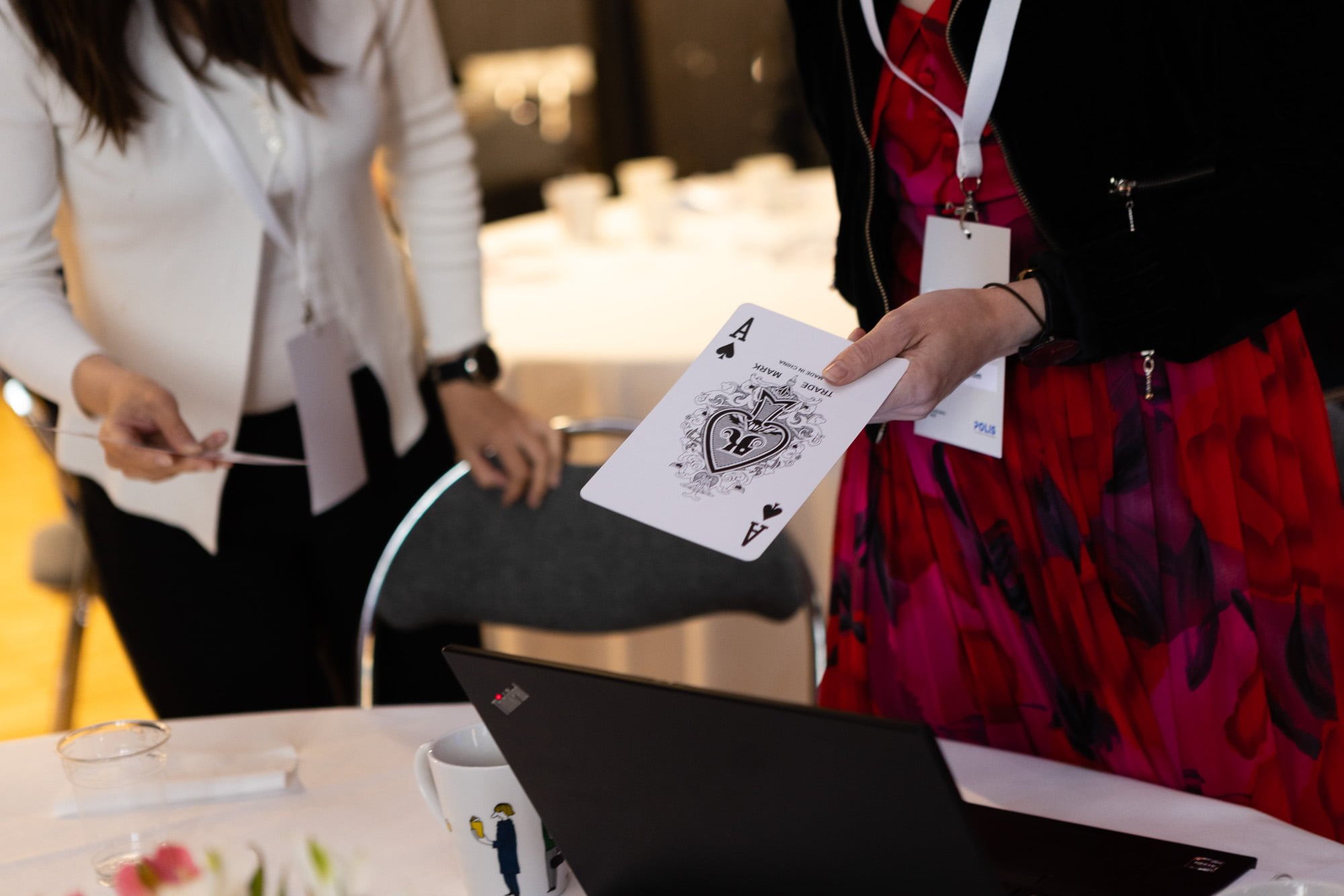
A workshop was held during the meeting - Credit: Angelica Zander
The Political Group meeting was a truly collaborative event, and local leaders put their heads together in an interactive workshop to examine evidence-based policymaking, cooperation with businesses, research and citizens, securing public funding, and nudging private investment.
“We were the green capital of Europe 2016, and to go forward we are here to hear some new ideas and share,” said Dejan Crnek, Deputy Mayor City of Ljubljana.
“Designing cities is accepting its limits and loving its identity, but doing the best for upgrading the quality and reallocation of its public space,” said David Dessers, Vice Mayor for Mobility, Climate and Sustainability, City of Leuven, and current President of POLIS.
As electrification advances, active travel rises the agenda and public transport bounces back, urban mobility is heading in the right direction. However, we cannot afford to be complacent; the next several decades will bring some incredibly ambitious decarbonisation and modal split goals, while accessibility and affordability continue to lock many out of sustainable transit options.
“Sustainability in transport can only be reached if we work together as governments, industry and education, as we do in the Twente region,” said Hanneke Steen, Alderman, Twente2050.
POLIS members have demonstrated their ambition, it’s now time for action.
About POLIS Political Group
Our political group meetings are unique forums for intense knowledge exchange, foster peer to peer cooperation- navigating the complex governance surrounding shifts to more sustainable mobility.
At our recent meetings in Paris, Brussels, and now Stockholm, deputy mayors, regional ministers, and secretaries of state for mobility – sat down to share and learn about the path to a cleaner, greener, and more inclusive urban mobility.
For more information, contact pgouveia@polisnetwork.eu
